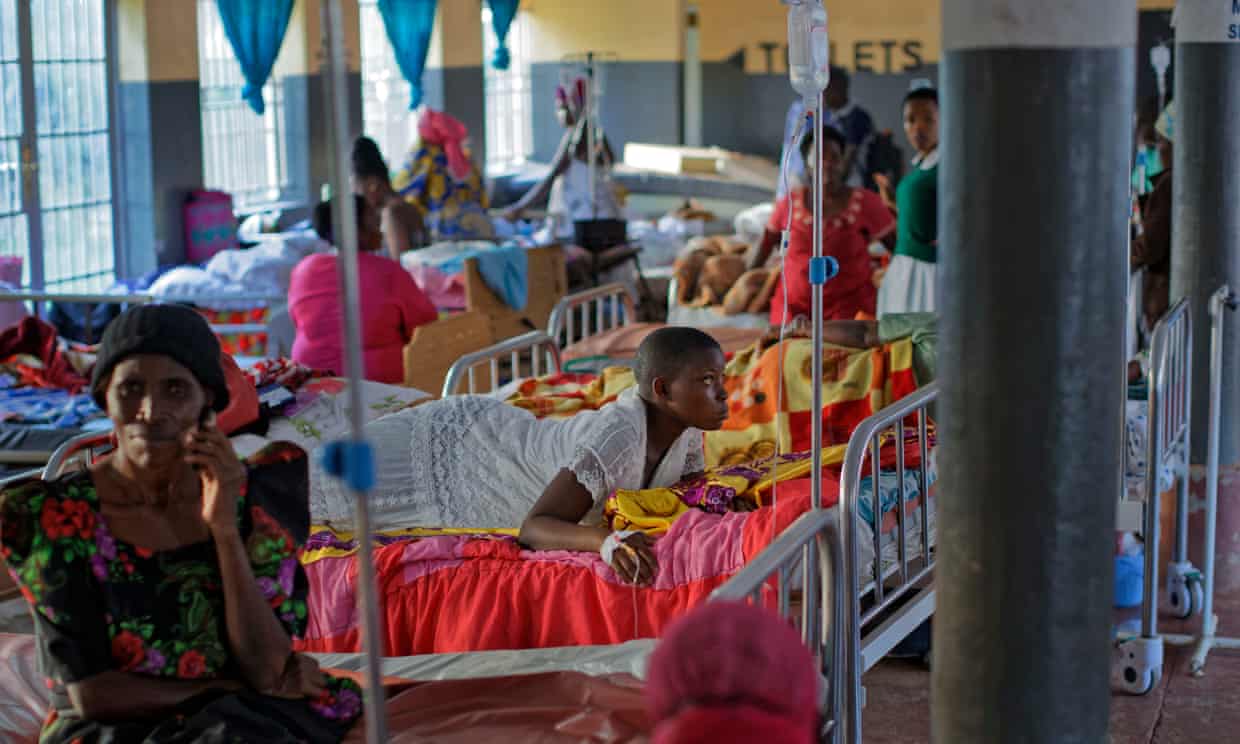
Maternal mortality
Uganda court rules government must prioritise maternal health in 'huge shift'
Ruling is result of lawsuit filed over deaths in childbirth of two women due to staff negligence and lack of facilities
by Samuel OkirorHealth rights activists in Uganda have welcomed a landmark court ruling that the government should increase its health budget to ensure women receive decent maternal healthcare services.
The ruling is the result of a lawsuit filed in 2011 over the deaths in childbirth of two women – Jennifer Anguko and Sylvia Nalubowa – in a public health facility.
In a unanimous decision on Wednesday, a panel of five judges said the government needed to prioritise maternal healthcare in its budgets for the next two financial years.
This year the government has allocated 2.7tn Ugandan shillings (£560m) for health, about 6% of the total national budget. Uganda is a signatory to the Abuja declaration, which requires governments to spend at least 15% of their annual budgets on health.
Judges said the women died because of staff negligence and because the health centre lacked basic facilities to support them giving birth.
“Women suffer a lot due to shortages or shortcomings in the delivery of maternal healthcare services caused by stock-outs of maternal health care packages, drugs, professional negligence,” said Justice Barishaki Cheborion.
Limited health budgets had deprived women of the opportunity to safely deliver their babies, he said. “Preventable deaths of pregnant women at government hospitals deprive women of the right to enjoy and realise their sexual and reproductive rights.”
Cheborion added: “The deaths of Anguko and Nalubowa were a result of non-availability of basic maternal health services and negligence of health workers.
“The actions caused utmost pain, degrading and cruel treatment of the deceased for the period they spent in the said hospitals fighting for their lives with no hope of survival until they died. This also caused untold suffering and loss to their families.”
Family members of Anguko and Nalubowa were each awarded 155m Ugandan shillings in compensation.
According to World Bank figures, for every 100,000 live births in Uganda, 375 mothers die from complications from pregnancy and childbirth.
“The judgment is a huge shift from the belief that basic maternal health commodities cannot be immediately provided in public health facilities as a matter of rights,” said Moses Mulumba, the executive director of the Center for Health Human Rights and Development), which filed the lawsuit. “The judges have made history for mothers that always lack the voice and power in the scramble for resources and prioritisation in the political and economic spaces.”
He said his organisation would now focus on making sure the judgment is acted upon.
Diana Atwine, permanent secretary at the ministry of health, said the government was already prioritising maternal healthcare in its budget.
Emmanuel Ainebyoona, a spokesperson for the ministry of health, said: “We generate and submit our budget. But it’s the ministry of finance, parliamentary budget and parliament as a whole that allocates the funds.”